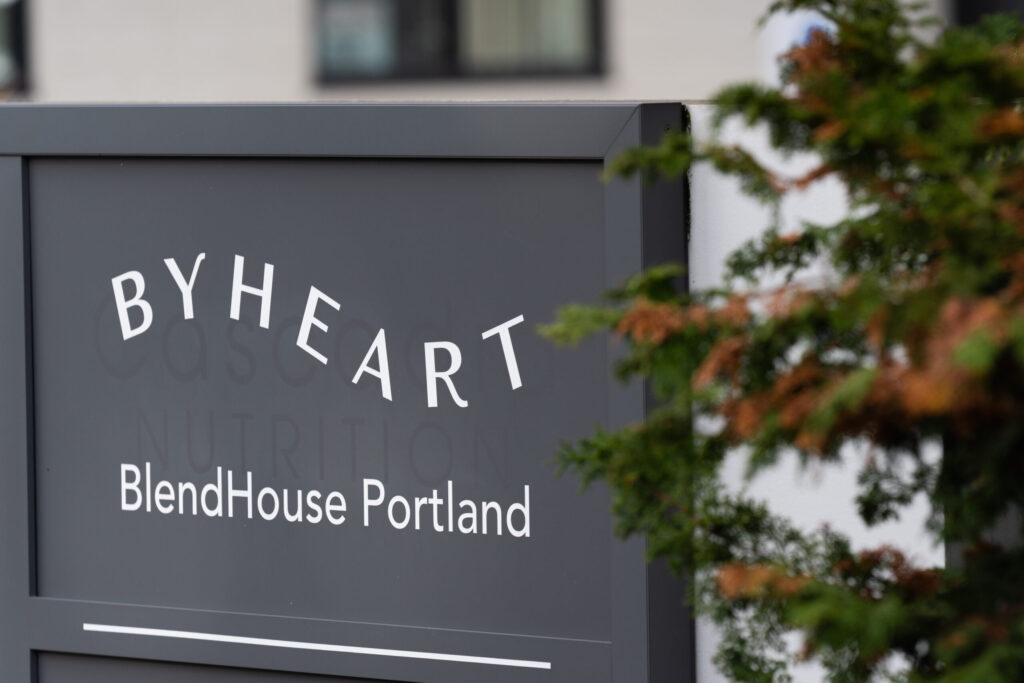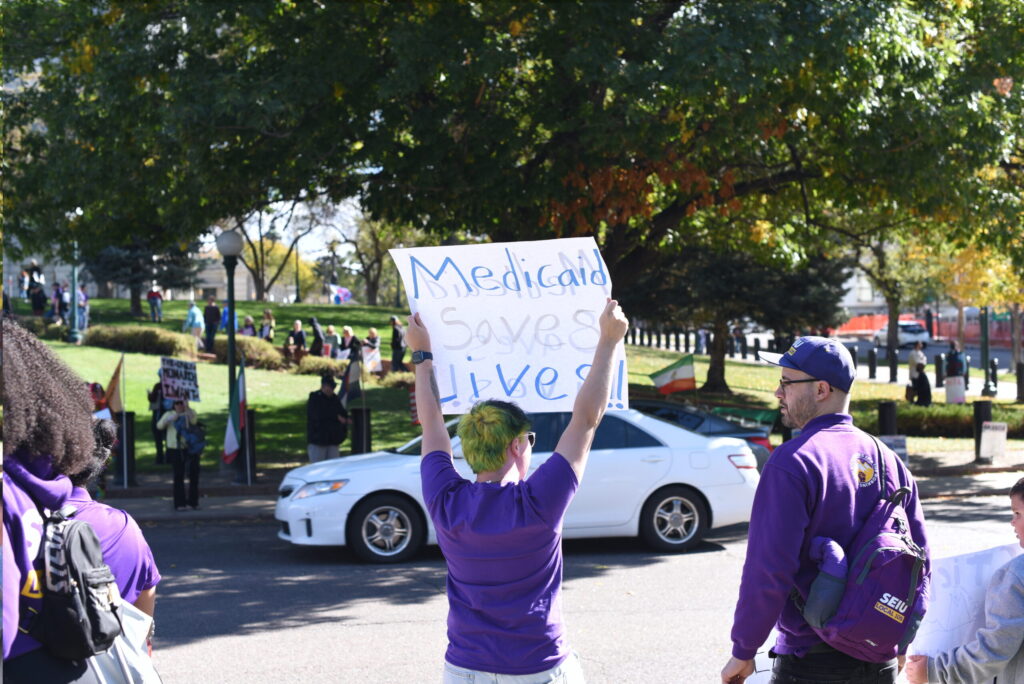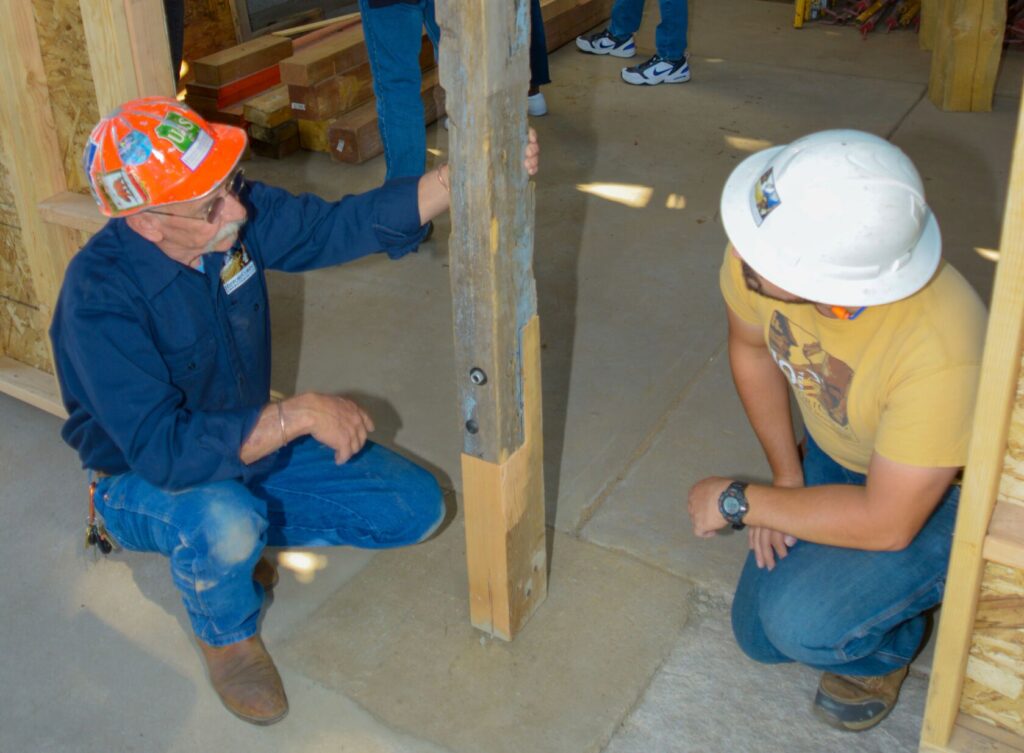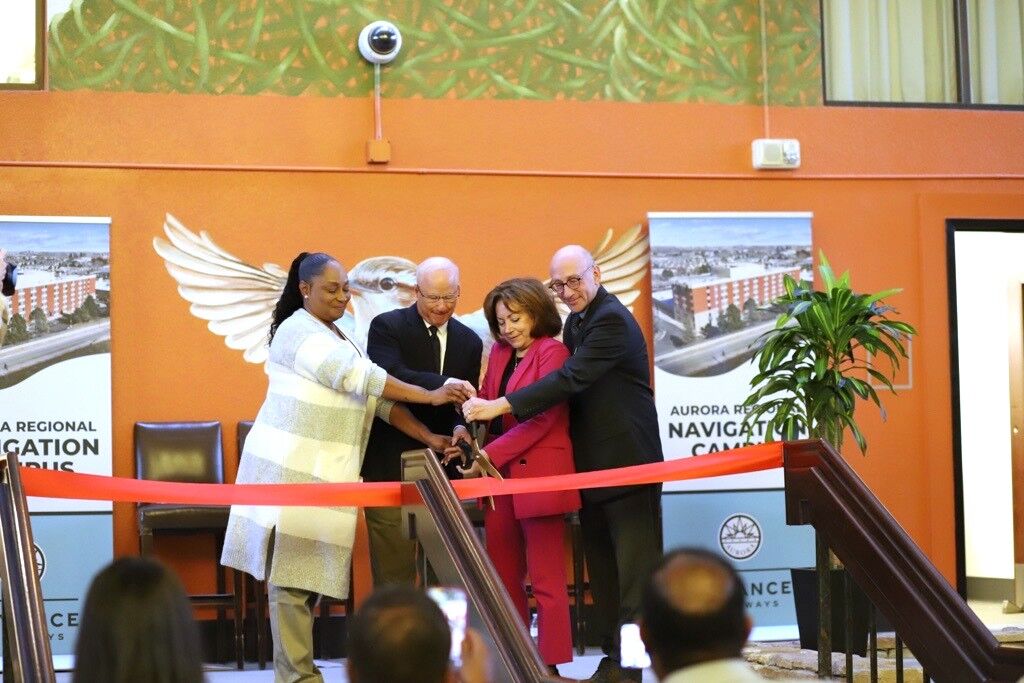State Rep. Larry Liston finds support for special district voting
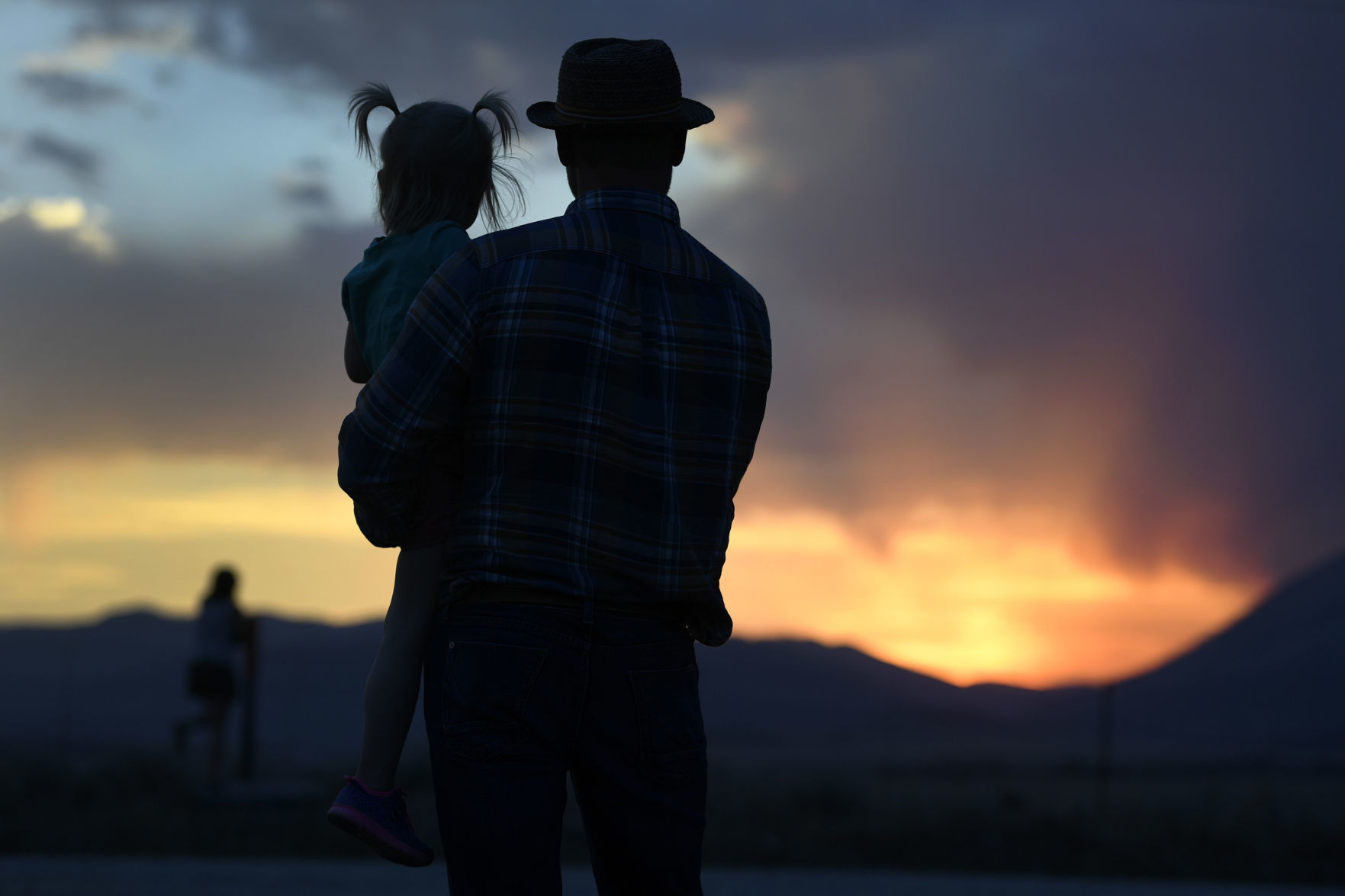
It’s called “how to work a bill.”
On Friday, Republican state Rep. Larry Liston of Colorado Springs fought for the political life of a bill allowing non-Colorado residents to vote in special district board elections.
House Bill 1108 would allow property owners – say, for example, those who own second homes in Colorado – to vote for members of the board of directors for special districts in which they reside.
It’s Liston’s second attempt, after his 2018 measure was vetoed by then-Gov. John Hickenlooper. In his veto letter, Hickenlooper raised constitutional issues, stating that allowing nonresidents to vote for board members but not on other ballot questions affecting a special district could violate the 14th Amendment, which guarantees equal protection under the law.
On the practical side, Hickenlooper also questioned how special districts would certify those nonresident electors, whom he called burdensome and costly, and hinted at an unfunded mandate to those districts.
But Hickenlooper’s biggest objection was based on allowing non-Colorado residents to vote in Colorado elections, an objection also raised by House Democrats in Friday’s debate and Tuesday’s final vote.
The 2019 version of the bill doesn’t include any appropriation for handling the cost issues.
The bill drew opposition from the Colorado County Clerks Association. Pam Anderson, its executive director, said clerks cannot currently validate out-of-state voters, and special district statutes don’t require signature verification. Too many problems could lead to ineligible ballots being counted, she warned.
The bill was also opposed by the Special District Association of Colorado, citing Hickenlooper’s veto message and that it’s “bad public policy.” Out-of-state owners are generally part-time residents and don’t have the same level of interest in the community or interest in who’s running for special district boards. They also may not recognize the need for tax increases, according to Evan Goulding of the association.
So where does the bill come from? The fire and sanitation districts in La Veta and nearby Cuchara, in Huerfano County. James Littlefield, who is with the fire district, said they have a small population base from which to draw.
“It’s hard to find the expertise” for its board of directors, and the district has out-of-state property owners with the expertise the district needs and who live in the area for up to nine months a year.
La Veta was the site of one of Colorado’s worst fires in June 2018, Littlefield pointed out. Nearly 100 homes burned last year, right up to the outskirts of the town of La Veta.
The out-of-state residents were incredibly generous to the fire protection district during that wildfire, Littlefield pointed out. They contributed almost $300,000 in the months following the fire.
“Those are the same people who would like to have a voice in this process,” he said. “It’s only fair that they have some rights to representation.”
He also pointed out that the bill is permissive and that special district boards can voluntarily choose to bring in those electors.
Liston and his prime co-sponsor, Democratic Rep. Edie Hooton of Boulder, stuck to their guns throughout a lengthy debate on Friday and to the bill’s final vote Tuesday.
It’s a property right issue, Liston told Colorado Politics.
“This just gives a citizen the right to speak their minds about self governance,” Liston said, noting that 10 other states already do the same thing.
Liston and Hooton won the day, although the vote looked to be close. In the end, with Speaker of the House KC Becker of Boulder lending her support, the measure passed on a 34-28 bipartisan vote.
House Bill 1108 now moves on to the Senate.




